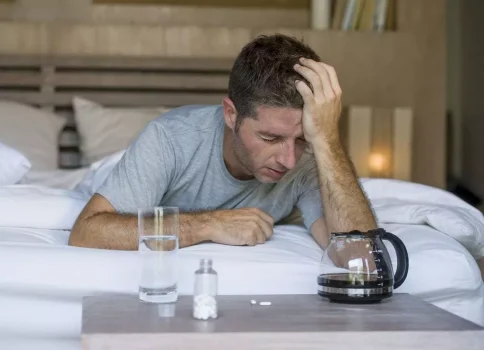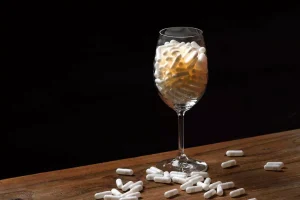
Research also shows that sleep disruption can last long after alcohol withdrawal symptoms cease. They may continue to occur in the two to six months of abstinence following withdrawal. When your body has formed a physical dependency on alcohol, https://ecosoberhouse.com/ known as tolerance, and you stop drinking, you will have withdrawal symptoms. Beyond causing drowsiness and sleep disruptions, alcohol can have other adverse effects on your sleep quality.
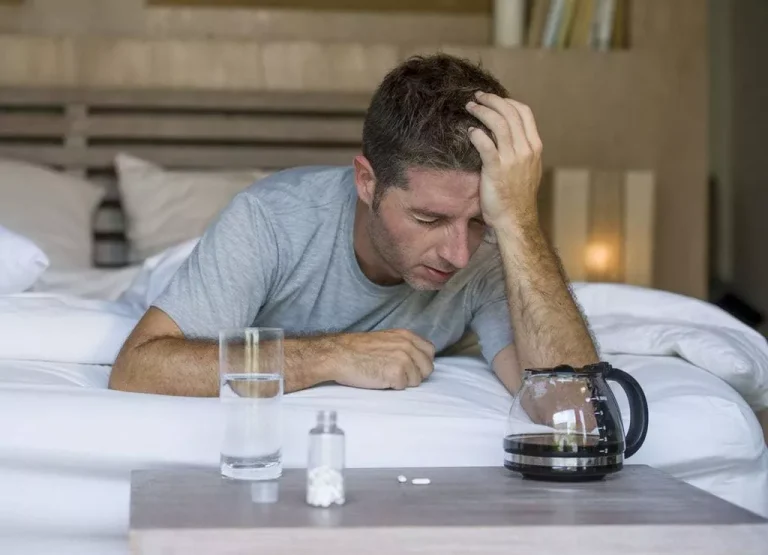
How Alcohol Affects Your Sleep
Among alcohol dependent persons, acute intoxication induces sleep onset, albeit with disruptions in the latter half of the night. Sleep is more severely disturbed during withdrawal and recovery, with longer sleep latency, more arousals, poor alcoholism treatment sleep efficiency, reduced slow wave sleep and REM rebound (42–45). Cross-sectional studies suggest that for nearly half of alcohol dependent patients sleep disturbance persists for months after last use (46,47), and can last for 2 years or longer (48,49).
- It always does good to approach this journey of recovery patiently and optimistically, savoring every little milestone along the way.
- The ‘sleep-wake switching system’ resides within the lateral hypothalamus, the ventrolateral preoptic area, and the median preoptic area.
- If you are unable to avoid alcohol completely, it is advised to stop drinking at least a few hours before bedtime to minimise the impact on sleep apnea symptoms.
- Creating a consistent pre-sleep routine can also be effective for dealing with insomnia after quitting alcohol.
- Drinking to fall asleep can cause or worsen some health issues over time.
- Studies have shown that when you get up the next day, you may be less alert because of your drinking the night before, even though you no longer have alcohol left in your body.
Non-Restorative Sleep
- Have you ever used alcohol to help you sleep, only to notice that you don’t feel well-rested when you get up the following day?
- Many forms of Medication for Addiction Treatment (MAT) are available to manage alcohol withdrawal and aid in recovery from AUD.
- Alcohol consumption could disrupt your circadian rhythm in other ways, too.
- Sleep restriction may help increase the drive to sleep, but may also increase fatigue during the day.
- Lab studies show reductions in deep sleep and abnormalities in REM sleep in persons with more than a year of sobriety.
- Insomnia is a common condition where a person has trouble falling asleep or staying asleep.
Though alcohol can have a sedative effect, it has also been linked to sleep disorders like insomnia. If you’re having trouble falling or staying asleep, alcohol consumption could be a contributing factor. Individuals with a family history of alcohol use disorder (AUD) or other substance abuse problems are at higher risk of developing sleep disturbances related to alcohol consumption. This genetic predisposition can make it harder for some people to regulate alcohol use, leading to chronic sleep issues. Several medical conditions increase the risk of alcohol-induced sleep disorder.
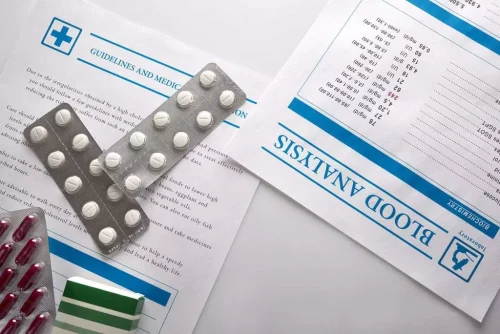
Craving Sugar After Quitting Drinking? Here’s Why – And How to Cope
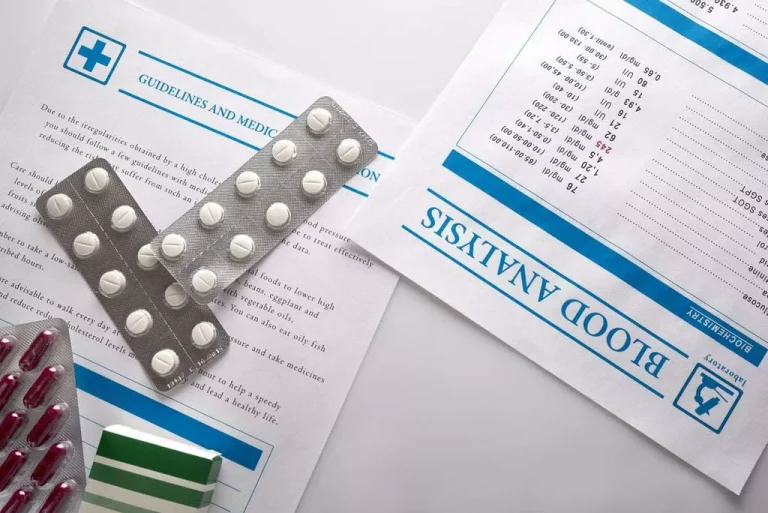
From a clinical perspective, insomnia occurs in vulnerable patients with predisposing factors, such as having a insomnia after drinking family history of AD or certain genetic traits. Acute insomnia is triggered in them by stress promoting events (precipitating factors). This acute insomnia becomes persistent because of perpetuating factors such as reading in bed (Spielman et al., 1987) or drinking alcohol.
How Sleep Affects Your Health
And once dependence sets in, suddenly stopping drinking can cause a number of reactions. For most people, these include anxiety, agitation, and difficulty falling or staying asleep. It’s possible to become dependent on alcohol within weeks or sometimes even days of use. Insomnia from alcohol use is pretty common, and studies have shown that anywhere from 36% to 91% of those who are alcohol dependent will struggle with sleep disturbances or insomnia.
